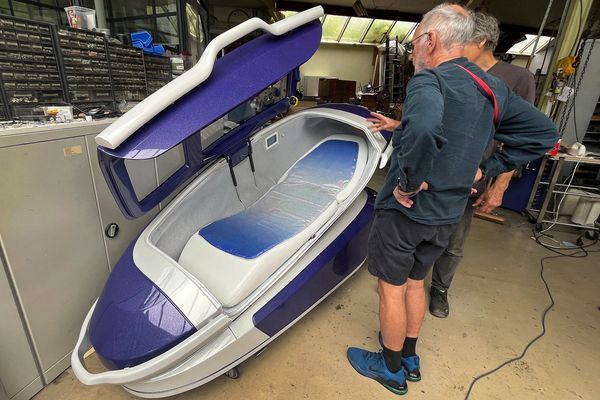When markets crash, companies sell at a discount. That is what is happening as Binance picks up top crypto exchange Voyager for $1 billion and change in a bankruptcy auction.
Voyager had over $5 billion in assets at the end of 2021, according to reports. That crashed to $1 billion when it filed for bankruptcy in July 2022. The bankruptcy got triggered when Three Arrows Capital defaulted on its $650 million loan from Voyager.
Voyager's 1.7 million users have been waiting to see how they can get their crypto back. The Binance deal may be the light at the end of the dark tunnel for them. In September, a ray of hope got dashed after an FTX deal to buy the exchange for $1.4 billion in a bankruptcy auction fell through.
PE Deals In 2022
After 2021's highs in private equity (PE) activity, deal flows slowed in 2022. In 2021, assets under management exploded for top publicly-listed PE firms Blackstone, Apollo, KKR and Carlyle. Top buyouts closed successfully. In October 2021, Thoma Bravo took Stamps.com private for $6 billion, with additional debt financing from Blackstone, Ares, PSP Investments. Shareholders received $330 per share in cash in the deal.
The level of deals was unprecedented.
Though slower, PE deal activity topped $819 billion in the third quarter, according to Pitchbook. For the first time in a decade, take-private deals were more than $100 billion for two years in a row. The level of activity is a reset to old pre-pandemic normal.
Recent 2022 Q3 findings reveal a sharp focus on green hydrogen. The zero-emission gas is clearly pulling in the big bucks, even in a high-interest rate environment. Private lenders are taking up what banks are retreating from.
H2 investments hit $3 billion for the year and have been increasing since 2018.
Intersect Power raised $750 million from private equity firms TPG, Trilantic North America and others. The green hydrogen company makes solar power generation and battery storage products. Monolith, a VC-backed renewable energy play, raised $300 million. Monolith has the technology to split hydrogen and carbon in natural gas. Other companies who raised capital: Germany's Sunfire and Silicon Valley's Electric Hydrogen.
Banks' Leveraged Loans In 2022
Earlier in PE deals, Elon Musk's $44 billion deal to buy Twitter led to his sale of $15.4 billion worth of Tesla shares. But the $44 billion private equity deal also involved $12.5 debt financing from Morgan Stanley and other banks.
In fact, Twitter was priced at a premium since it traded at 39 per share on Apr. 1, when Musk announced his initial stake. The Tesla CEO bought the company at $54.20 per share.
2022 also saw other PE deals misfire.
Bank of America and Barclays tried but failed to sell $3.9 billion debt from Apollo Global Management's deal to buy Lumen Technologies' telecom and broadband assets; $2 billion of that was leveraged loans while another $1.9 billion was in high-yield bonds.
The offer was canceled because there were no buyers for the debt.
In January, Elliott Investment Management and Vista Partners acquired Citrix for $16 billion, or $104 per share. It was the first leveraged buyout in 2022 and took Citrix private. Shareholders will receive a cash payout of $104 per share and Citrix will join another Vista company, TIBCO.
Buyouts faced challenges after the Fed Chair Powell's Jackson Hole comments on interest rates. As market conditions changed, banks stand to lose $700 million from selling $8.5 billion debt at a steep discount in the Citrix deal. They will still own around $6 billion in debt.







